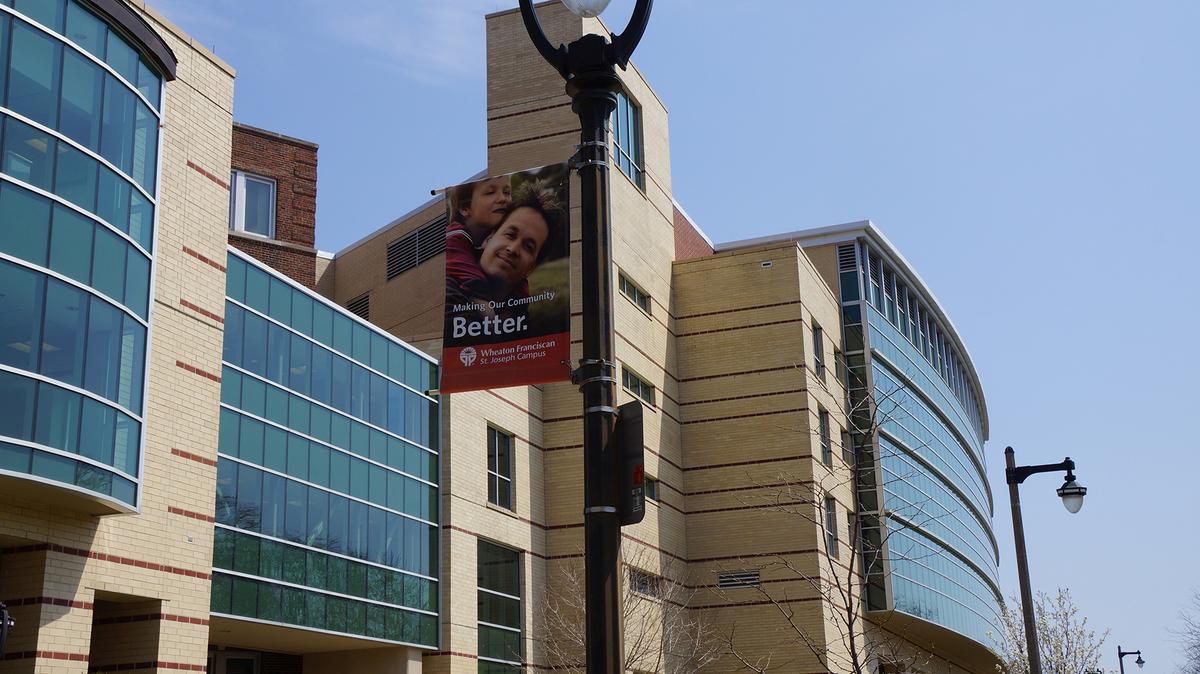
Another is that Ascension’s doctors and nurses can potentially learn from the experience of all Ascension’s patients with similar conditions as they care for any individual patient. One is that their personal histories are always accessible when they get care at Ascension (and possibly elsewhere). This has several immediate benefits for patients. As a result of the near-universal adoption of electronic health records over the last decade, all that information is now stored as electrons that can flow instantly to wherever it’s needed and useful, provided that patients’ privacy is protected. That data used to be locked away in paper records that had to be physically transported and laboriously abstracted to serve any purpose other than the care of an individual patient at a particular place and time. Setting the legalities aside for a moment, here are the fundamentals underlying the Ascension-Google relationship: Ascension sits on troves of data accumulated in the course of caring for millions of patients who pass through its facilities.
#Ascension medical how to
The coming debate will be about how to manage these sometimes conflicting interests as health information technology revolutionizes our health care system. And tech entrepreneurs want a return on their capital when they add value to the management of health-care data. Patients, health professionals, and the larger society have an interest in learning from our collective experience with care to better prevent and treat disease. Doctors and hospitals need leeway to use patient information in their care. Patients have an undeniable right to privacy and control over their personal health data. We are obviously at the beginning of what will likely be a long, contentious, and vital debate over how to manage personal health information in the digital age.

Department of Health and Human Services and calls from members of Congress for further inquiries. It triggered an investigation by the U.S. We are at the dawn of a new era where clinicians will be able to apply in real time the collective human experience in treating any particular problem to the care of every patient with that condition.īut the critical reactions to the agreement - under which Ascension will send to the Google cloud the clinical data it collects on its 50 million patients, and Google will process that data to help Ascension better manage its patients and its finances - make it clear that changes of this magnitude are never smooth. The announcement generated concerns about patient privacy and the misuse of information for the private gain of third parties. We are obviously at the beginning of what will likely be a long, contentious, and vital debate over how to manage personal health information in the digital age.Ī recent agreement between Google and Ascension, a huge national health system, is yet another sign of how the digital revolution is transforming health care.

But the critical reactions to the agreement - under which Ascension will send to the Google cloud the clinical data it collects on its 50 million patients, and Google will process that data to help Ascension better manage its patients and its finances - make it clear that changes of this magnitude are never smooth. The announcement generated concerns about patient privacy and the misuse of information for the private gain of third parties and triggered an investigation by the U.S. We are at the dawn of a new era, where clinicians will be able to apply in real time the collective human experience in treating any particular problem to the care of every patient with that condition.

A recent agreement between Google and Ascension, a huge national health system, is yet another sign of how the digital revolution is transforming health care.


 0 kommentar(er)
0 kommentar(er)
